
Coppola’s ‘Megalopolis’ Is a Trivial Goof Pretending at Ambition
Francis Ford Coppola’s bonkers “fable” about the clash of dreams and cynicism, Megalopolis, has a potent but unfounded belief in its importance.

Francis Ford Coppola’s bonkers “fable” about the clash of dreams and cynicism, Megalopolis, has a potent but unfounded belief in its importance.
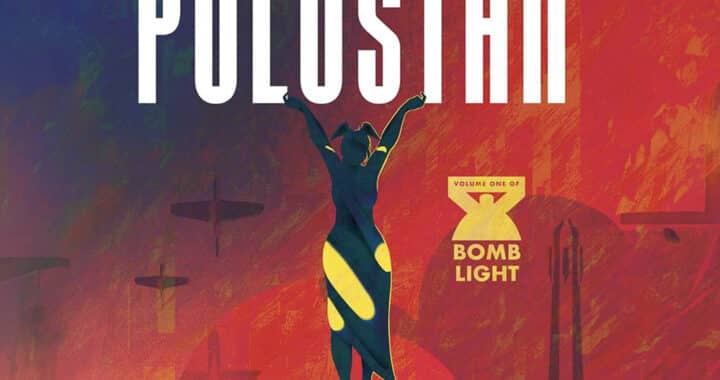
Neal Stephenson’s thrilling and slow-burn historical thriller Polostan presents the 1930s as a calamitous carnival ride building inexorably toward Hiroshima.
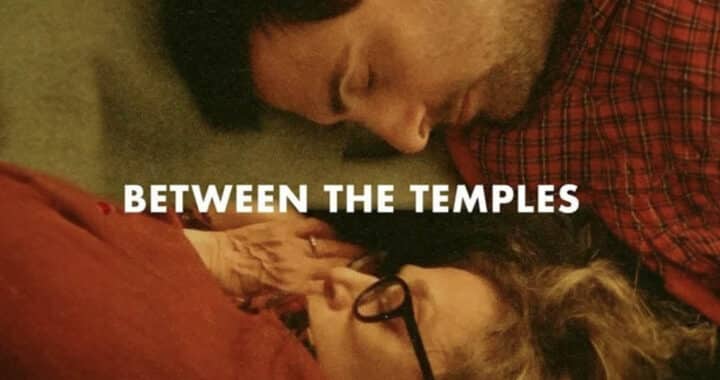
Nathan Silver’s 1970s-styled throwback Between the Temples is a comedy of people awkwardly fumbling toward purpose, faith, and meaning.
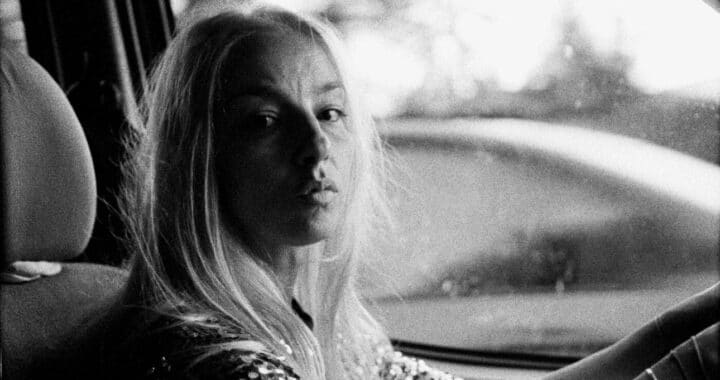
Radu Jude’s gonzo satire of post-Soviet Romania, Do Not Expect Too Much from the End of the World, hits a sweet spot between Luis Buñuel and Béla Tarr.

Rose Glass drenches Love Lies Bleeding in sensation and texture, as if she dragged the film through pools of viscera on the floor of a Foley sound effects studio.

You can smell the cigarette ash and Johnnie Walker Black Label on the pages of A Hitch in Time, a gleefully pugilistic posthumous Christopher Hitchens anthology.
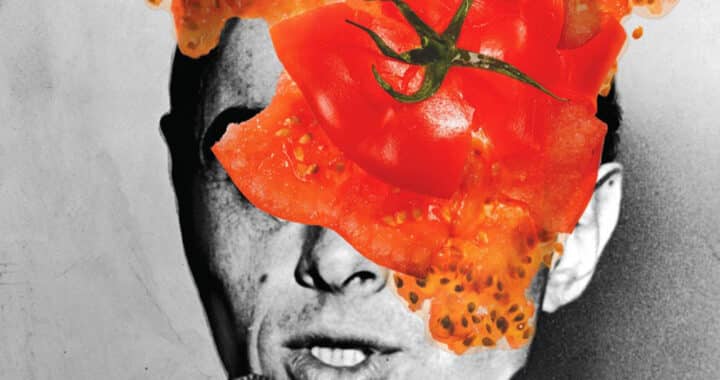
History of offense, protest, and censorship Outrageous is more of a clip show but also a riotous reminder that nothing in the cancel culture wars is new.

Cord Jefferson’s provocative satire on race and literature, American Fiction, skewers modern-day minstrelsy and performative allyship.
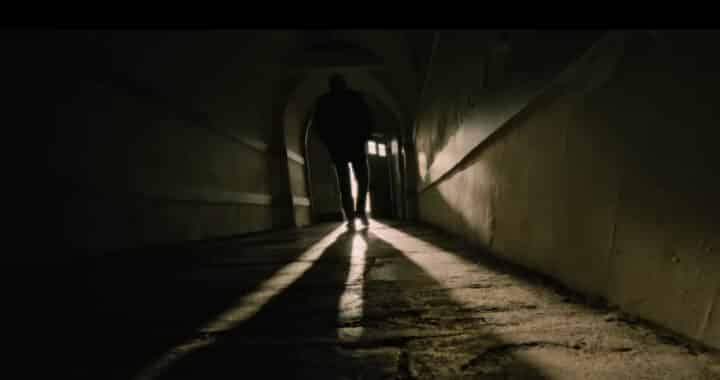
Errol Morris’ The Pigeon Tunnel follows a wily, cynical, yet chipper John le Carré down a rabbit hole of Cold War moral ambiguity.
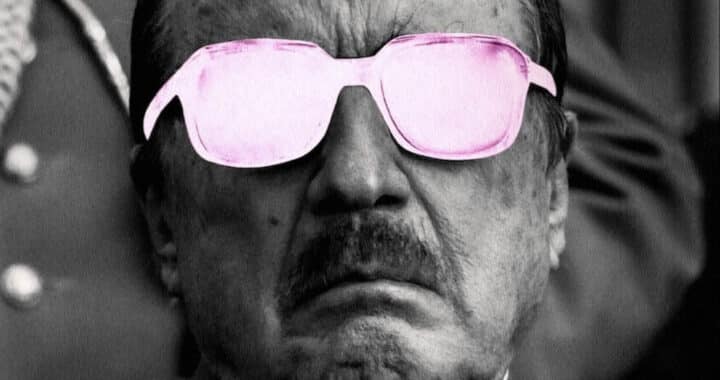
Pablo Larraín’s fascist vampire analogy El Conde somehow trivializes the Pinochet monstrosity at its core.
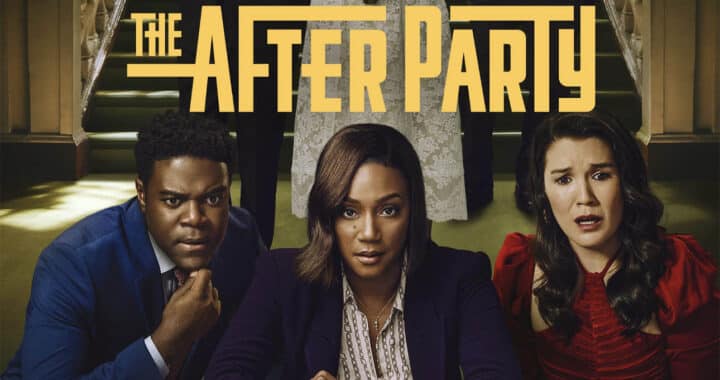
The second season of Apple TV’s funny, inventive, and self-indulgent comedy whodunnit The Afterparty is utterly unnecessary in the best way.
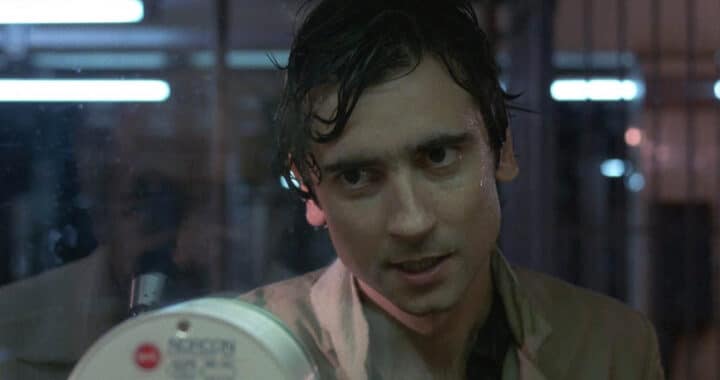
In Martin Scorsese’s 1985 art punk gem After Hours, a yuppie lost in SoHo is terrorized not so much by the late-night characters but by the city itself.